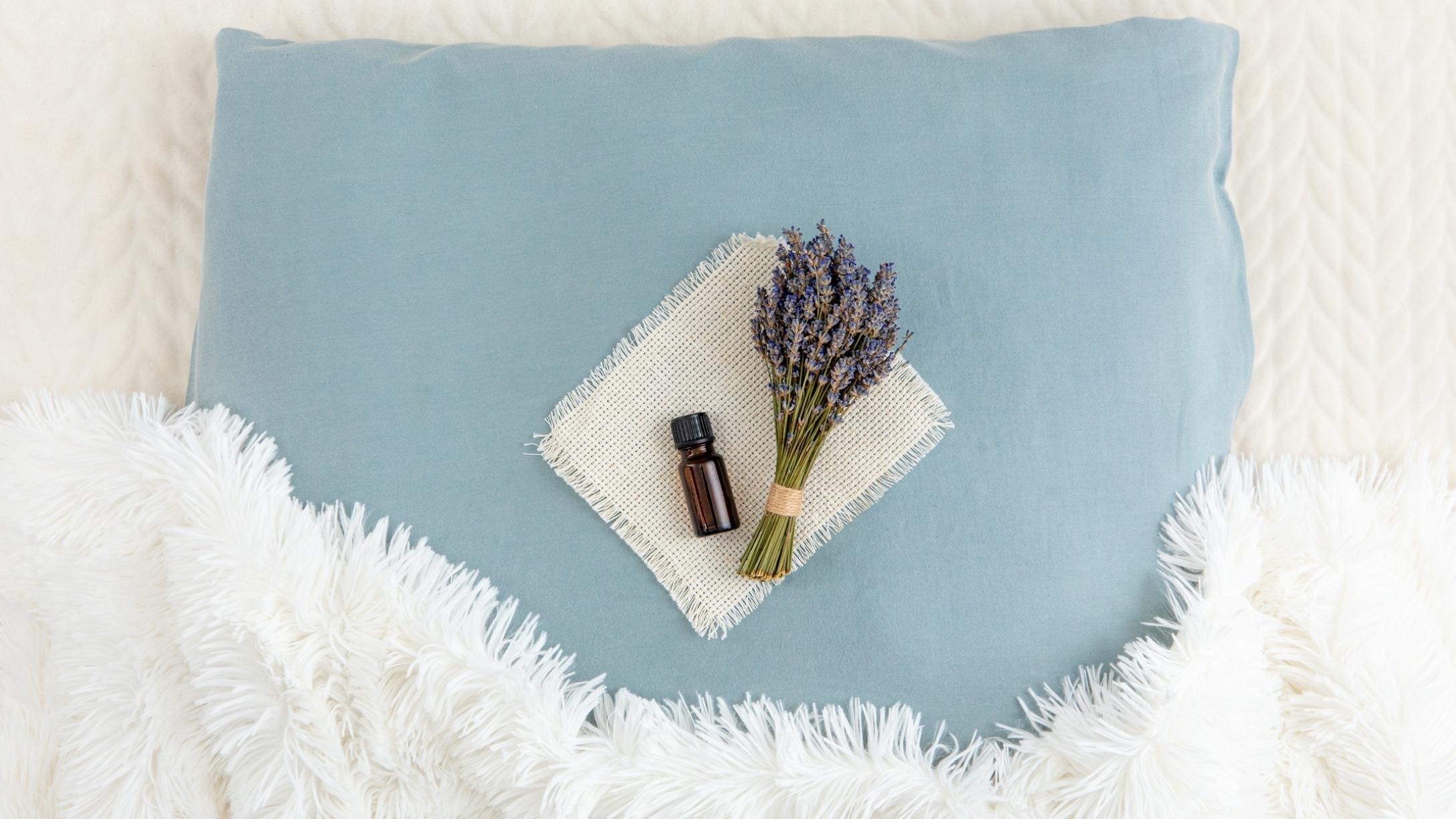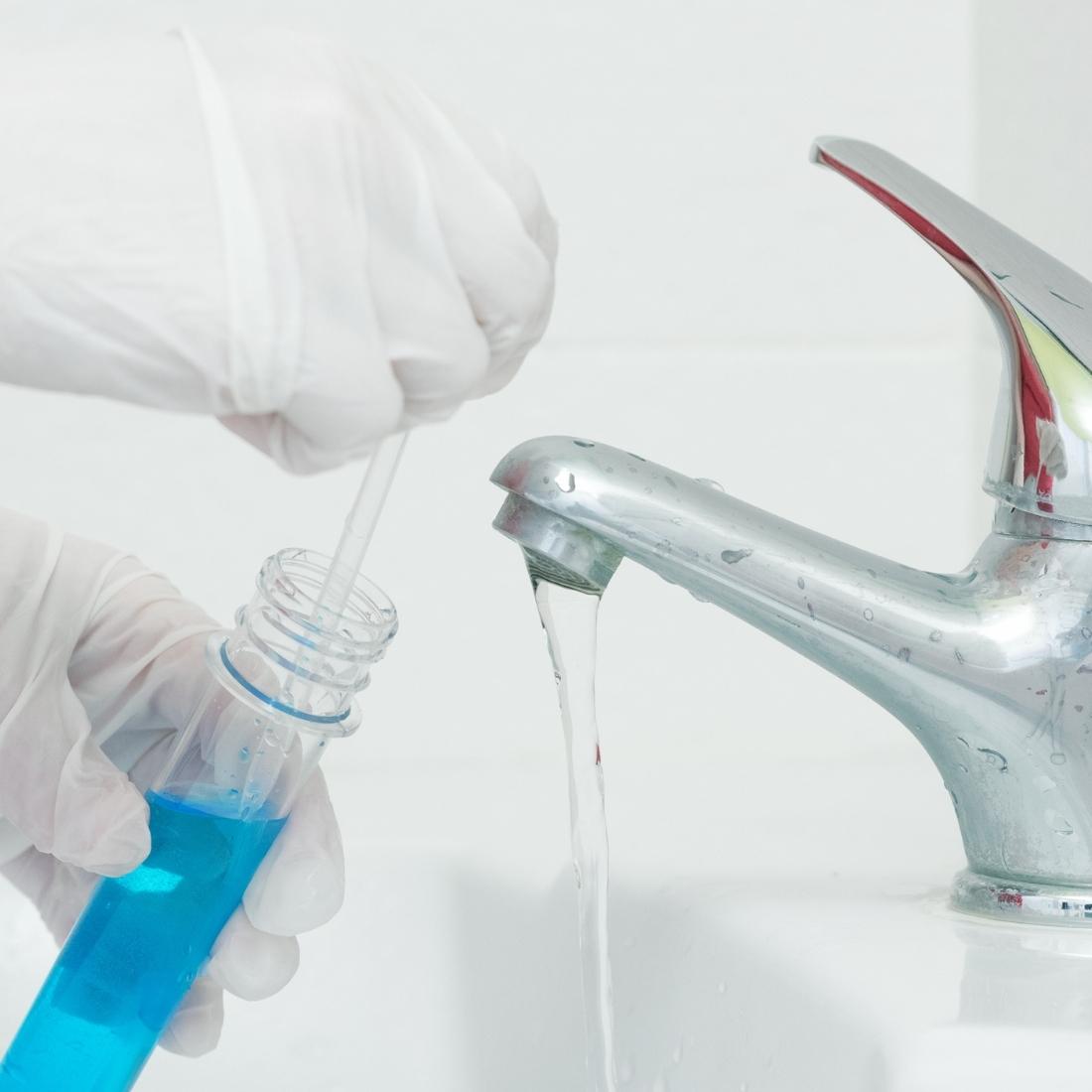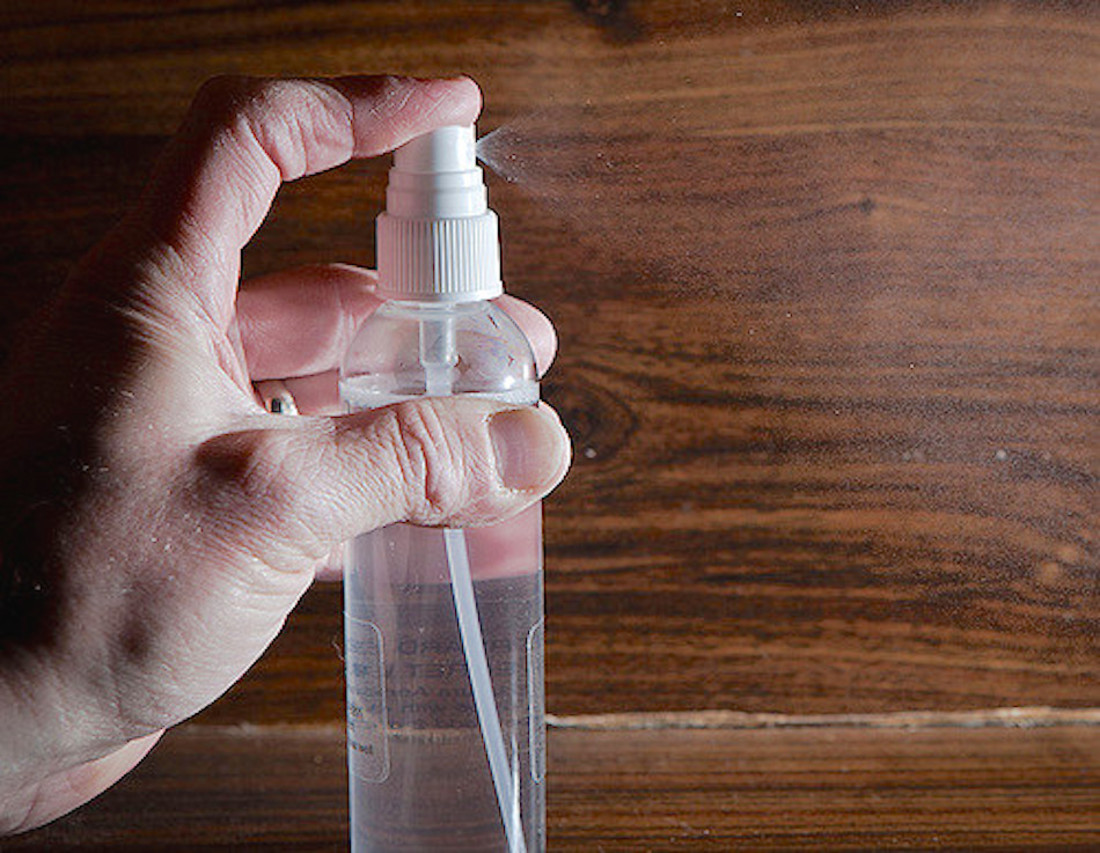
The tragic death of a 5-year-old boy has alerted the Centers for Disease Control and Prevention of a danger that could be in anyone's home.
An article published in the New England Journal of Medicine detailed four cases that led the CDC to discover a deadly bacteria that doesn't naturally occur in the United States. This bacteria was found in a room spray, Better Homes & Gardens Essential Oil Infused Aromatherapy Room Spray With Gemstones, that is produced overseas.
In began in July 2021, when a 5-year-old boy in Georgia was taken to the ER after days of sickness. He was weak, had been throwing up, and had a sore throat. His heart rate was high, and his fever was over 102 degrees. He was admitted, and at that point the doctors discovered the boy also had COVID-19. He died after four days of hospitalization, and at that time, doctors believed it was COVID-related.
An autopsy performed on the little boy revealed coronavirus in his lungs and upper airways. It also showed signs of a bacteria called Burkholderia pseudomallei in the boy's lungs, liver, spleen, and brain. Investigators noted that this was the fourth case of the bacterial infection in different parts of the country in a year.
The discovery of this bacteria was unusual because Burkholderia pseudomallei are almost never found in the United States. They are more commonly found in contaminated soil and water in southeast Asia. Investigators spoke with the boy's family, who confirmed they had not traveled outside of the country with or without him.

Samples taken from the family's water supply and soil outside the home showed no signs of contamination. Burkholderia pseudomallei can also be aerosolized and inhaled, which led investigators to ask about household products. Over months, the CDC went through the process of testing different items used in the home.
In October, there was a breakthrough when investigators discovered the bacteria in an aromatherapy room spray used in the home. The product was the lavender and chamomile scent of Better Homes & Gardens Essential Oil Infused Aromatherapy Room Spray With Gemstones. They learned it had been imported from India and sold at 55 Walmart stores, as well as on the company's website.
"When we first got the confirmation, it came as a huge relief to us," study co-author Julia Petras, an epidemic intelligence service officer at the CDC, told NBC News.
The discovery of the bacteria in the product led investigators to look back at the other three cases, and they found the same specific strain of the bacteria. Investigators believe that each of the other people infected had also used the contaminated product.
News of the cases first went public in October, with the CDC issuing an alert about the aromatherapy spray. The Consumer Product Safety Commission announced Walmart was recalling nearly 4,000 bottles of the spray, as well as the spray's other scent variations: lemon and mandarin, lavender, peppermint, lime and eucalyptus, and sandalwood and vanilla.
Burkholderia pseudomallei causes an illness called melioidosis, which can be treatable with certain intravenous antibiotics with early detection. Because the bacteria is so rare in the United States, however, it's likely to be misdiagnosed as the flu, COVID-19, or even tuberculosis.
The three other patients who were infected experienced varying symptoms. One was a 4-year-old girl in Texas who was brought to the hospital after she experienced vomiting and a temperature over 103 degrees. Doctors initially thought it was a urinary tract infection, but later the girl went into septic shock. Her organs began to shut down but she pulled through, though she was still nonverbal and in a wheelchair three months after being discharged from the hospital. The aromatherapy spray had been used in their home.

Both families of the children said they sometimes used the spray on pillows and bedding. The other two patients, two 53-year-old adults, also had different experiences. One, a man from Minnesota, was experiencing weakness and confusion when he sought medical help. His fever spiked to 104 degrees, and he experienced sharp hip pain. While his physical symptoms were treatable, he was still experiencing mental confusion when discharged.
Then there was the Kansas woman who was hospitalized with breathing problems and weakness. She went into septic shock and died nine days later. Julia Petras warned that anyone who still has the product should immediately stop using it, place it in two resealable bags, and return it to Walmart for a $20 refund as soon as possible. The Consumer Product Safety Commission also recommends putting the bottle in a cardboard box and cleaning any surface the spray might have touched.




